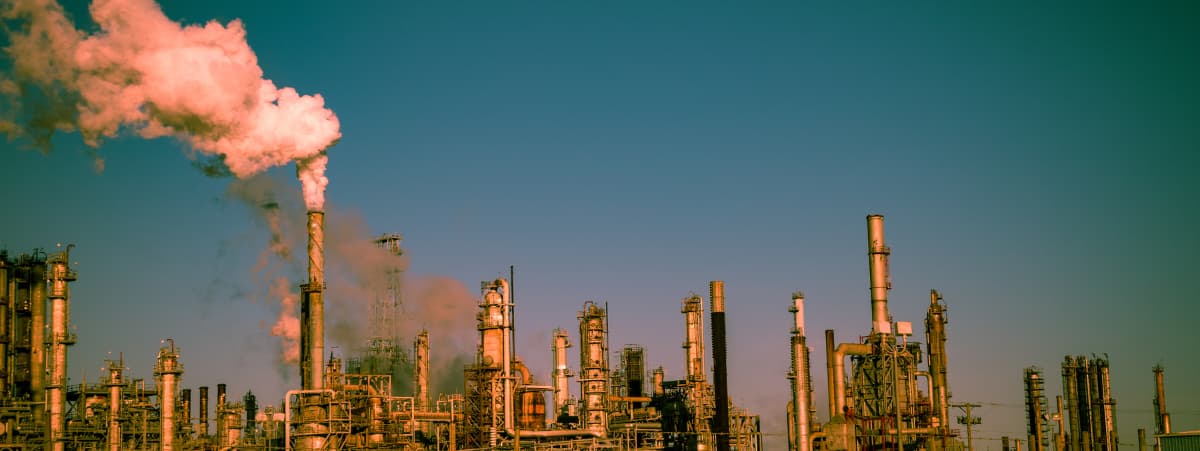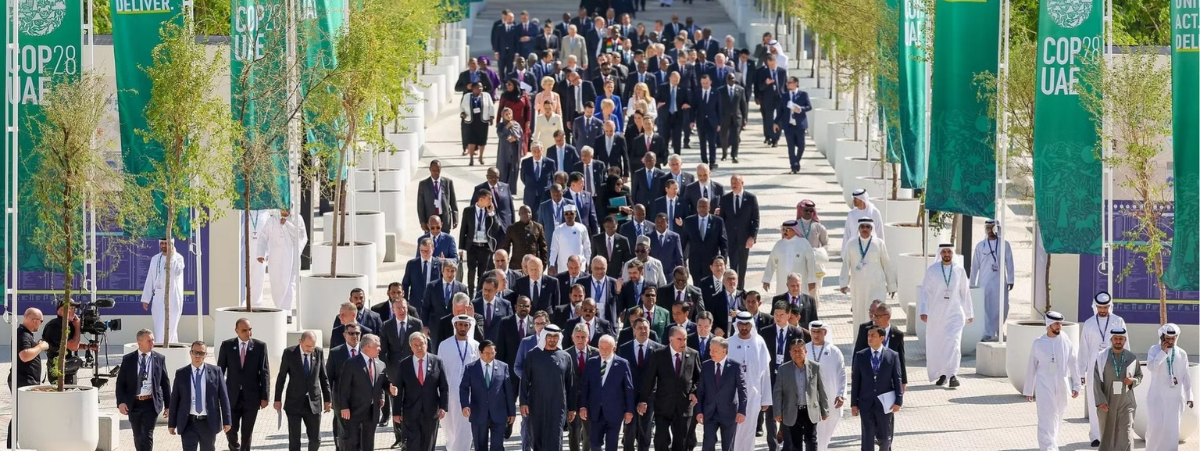Russia’s invasion of Ukraine has had catastrophic human consequences, with thousands of casualties and millions of people fleeing the country. But it is also having a negative impact on the climate, jeopardizing efforts to meet the goals of the Paris Agreement.
Russian sanctions
Europe has historically been very dependent on Russia to meet its energy needs. Natural gas represents about 20% of its energy mix (the different sources of energy that are used to make electricity) and in 2021, about 40% of all the natural gas imported by Europe came from Russia.
When Russia invaded Ukraine, the European Union retaliated by imposing economic sanctions on the country, and particularly on its banks to hinder financial flows. As the war progressed, sanctions became harsher, many exports to Russia were banned, pipeline projects were stopped and several countries began boycotting Russian oil and gas.
Today, the US has banned all oil and gas imports from Russia and the UK has announced that it will phase out these Russian products by the end of 2022. The EU itself is not in a position to take such a firm stance, but several EU countries, including Estonia, Lithuania and Latvia, have stopped purchasing fossil fuels from Russia.
Fossil fuel subsidies
This desire to cut energy ties with Russia has disrupted the global fossil fuel market, leading to a sharp rise in gasoline and electricity prices. This has spurred general discontent among the population, fears of rising energy poverty, and trucker strikes. As a result, many governments are promising to cut taxes on fossil fuels, backtracking on a recent trend to increase them to discourage their purchase.
Even in California, a US state known for its commitment to climate action, the Governor recently proposed a US$400 yearly rebate per car to bring residents some relief.
Return to coal
To make up for the lost oil and gas supply, as well as rising prices, many countries are also turning to a cheap but highly polluting source of energy: coal. Coal consumption in Europe had been declining steadily in recent years, and as recently as October 2021, during COP26, many countries were calling for a total ban on coal. But now, plans to close coal plants have been stopped and the consumption decline has slowed down: from a 29% drop between 2017 and 2019, it went to just 3% between 2019 and 2021.
This is likely to slow down Europe’s decarbonization in the short term, even though in the long term, the European Union wants to double down on renewable energy development to get closer to self-sufficiency.
Amazon deforestation
Another, lesser-known impact of the Ukraine crisis is the threat of further deforestation in the Amazon. Brazil’s far-right President Jair Bolsonaro is a strong supporter of economic development in the region – denying environmental concerns and indigenous rights to land – and he is now using the Russian war as an argument for more extraction in the Amazon.
Brazil’s agricultural sector relies heavily on fertilizer imports, and the majority of those imports come from Russia. As the war began, Bolsonaro identified an “opportunity” for Brazil to become less reliant on Russia by developing its own fertilizer production – mining potassium from the Amazon.
Even though indigenous leaders have pointed out that only 11% of potassium reserves are inside indigenous lands, the president’s declarations have supported the acceleration of deforestation – both legal and illegal. This pattern has led many experts to warn of an upcoming “tipping point”, where large parts of the rainforest will turn into dry savannah, changing weather patterns and releasing billions of tons of carbon dioxide into the atmosphere.
While the short-term social and economic consequences of the Ukraine-Russia war are undeniable, global leaders should not lose sight of the bigger picture in grappling with them: climate change remains the biggest threat for human life on this planet, and our window for action will not stay open much longer.







